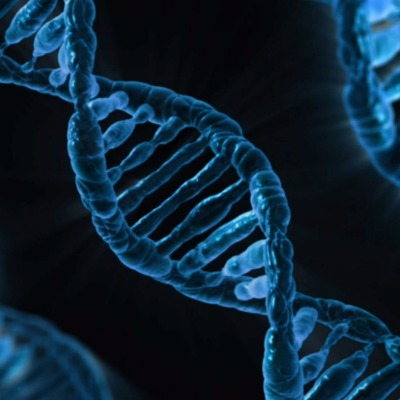
The discovery of the DNA-editing bacterial enzyme CRISPR-Cas9 created great excitement because of its potential for treating and even curing genetic diseases. Now a group of researchers from Karolinska Institute, University of Helsinki, and University of Cambridge, have found a potential problem with genomic editing using CRISPR-Cas9. The group has shown that a tumor suppressor, p53, which functions like a cell’s “first-aid kit” for DNA damage and other cellular stress, can be activated by genomic modification with CRISPR-Cas9.
p53 often forces the cell into a 'resting' state (the cell will not reproduce, but will continue to function). This can result in tissue aging or slow healing. If the DNA damage is severe, p53 can force the cell to die. These results could have a big impact on the use of CRISPR-Cas9 to repair genetic defects. Cells with active p53 could be killed and cells that have a non-functional p53, a major hallmark in the development of cancer, could be 'selected' for survival- NOT good!
